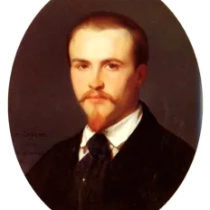 1823 - 1889
academic classicism
1823 - 1889
academic classicism
Description Alexandre Cabanel
Alexandre Cabanel, a luminary of 19th-century academic art, unfolds a narrative of opulence and myth through his brush, transcending conventions of his time. Born in Montpellier, France, Cabanel's early talent led him to Paris, where he immersed himself in the vibrant artistic milieu.
Cabanel's oeuvre exudes an elegance that defined the academic style. His paintings, including "The Birth of Venus" and "Fallen Angel," showcase a mastery of form and technique. Critics often accused him of excess and pandering to popular taste, yet his meticulous craftsmanship and ability to capture the idealized human form garnered widespread acclaim.
A favored painter in the Second Empire, Cabanel became a prominent figure in Parisian salons. His work, characterized by lush colors and ethereal beauty, encapsulates the essence of the Neoclassical revival. However, as Impressionism gained ground, Cabanel's adherence to academic traditions faced scrutiny.
Beyond the canvas, Cabanel was a respected teacher at the École des Beaux-Arts, shaping the next generation of artists. His influence extended to international circles, solidifying his role as a leading figure in the academic art establishment.
In the tapestry of Cabanel's life, controversies and triumphs interwove. His allegiance to traditional ideals faced challenges from emerging avant-garde movements. Yet, Cabanel remained committed to his vision, defending the timeless allure of classical aesthetics.
Cabanel's legacy extends beyond the ebbs and flows of artistic movements. His impact on the academic tradition endures, reflecting an era where art and society intertwined. Alexandre Cabanel, a painter of dreams and fantasies, left an indelible mark on 19th-century art, inviting us to explore the enchanting realms he crafted with his sumptuous brushstrokes.
Gallery
Paintings Alexandre Cabanel
Quotes
Art should be elevated, noble, and inspire a sense of beauty.
In art, perfection lies in the details and the mastery of technique.
True art is a reflection of the ideal, transcending the mundane.
Art is a language that speaks to the soul, conveying emotions and timeless truths.
The pursuit of beauty is the noblest aim of the artist.
F.A.Q Section
"The Birth of Venus" (1863): A neoclassical interpretation of the mythological subject, showcasing Cabanel's skill in rendering idealized beauty.
"Fallen Angel" (1847): A dramatic portrayal of a fallen angel expelled from heaven, demonstrating Cabanel's adeptness in capturing emotion.
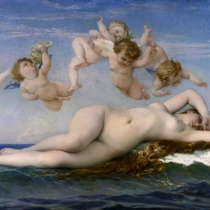
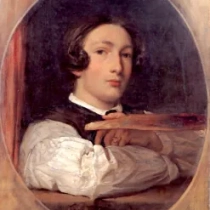
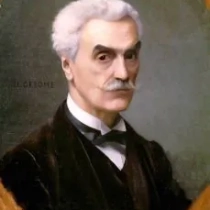
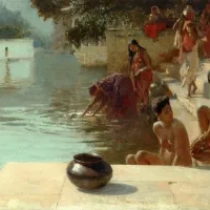
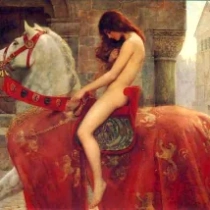
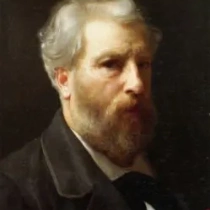
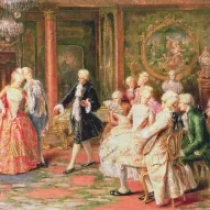
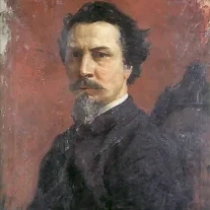
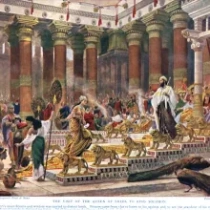
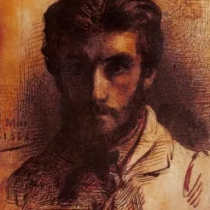
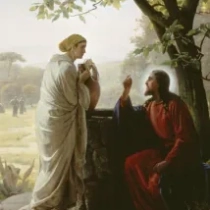

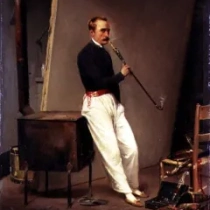
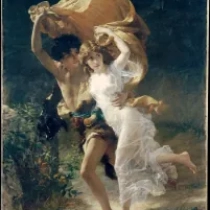

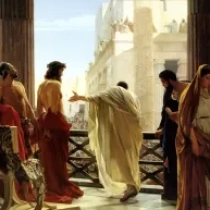
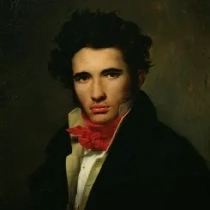

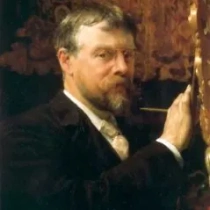
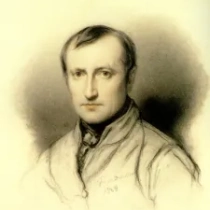
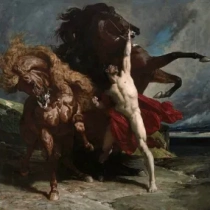
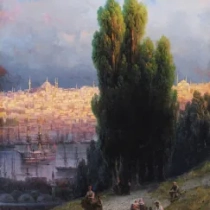
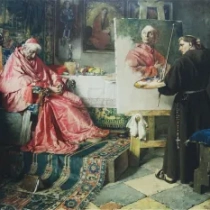
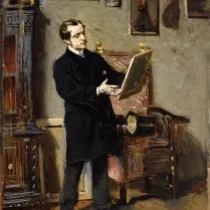
No Comments Yet...